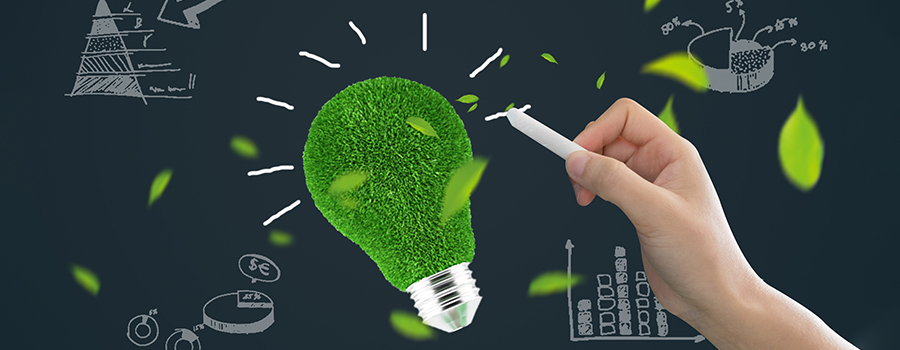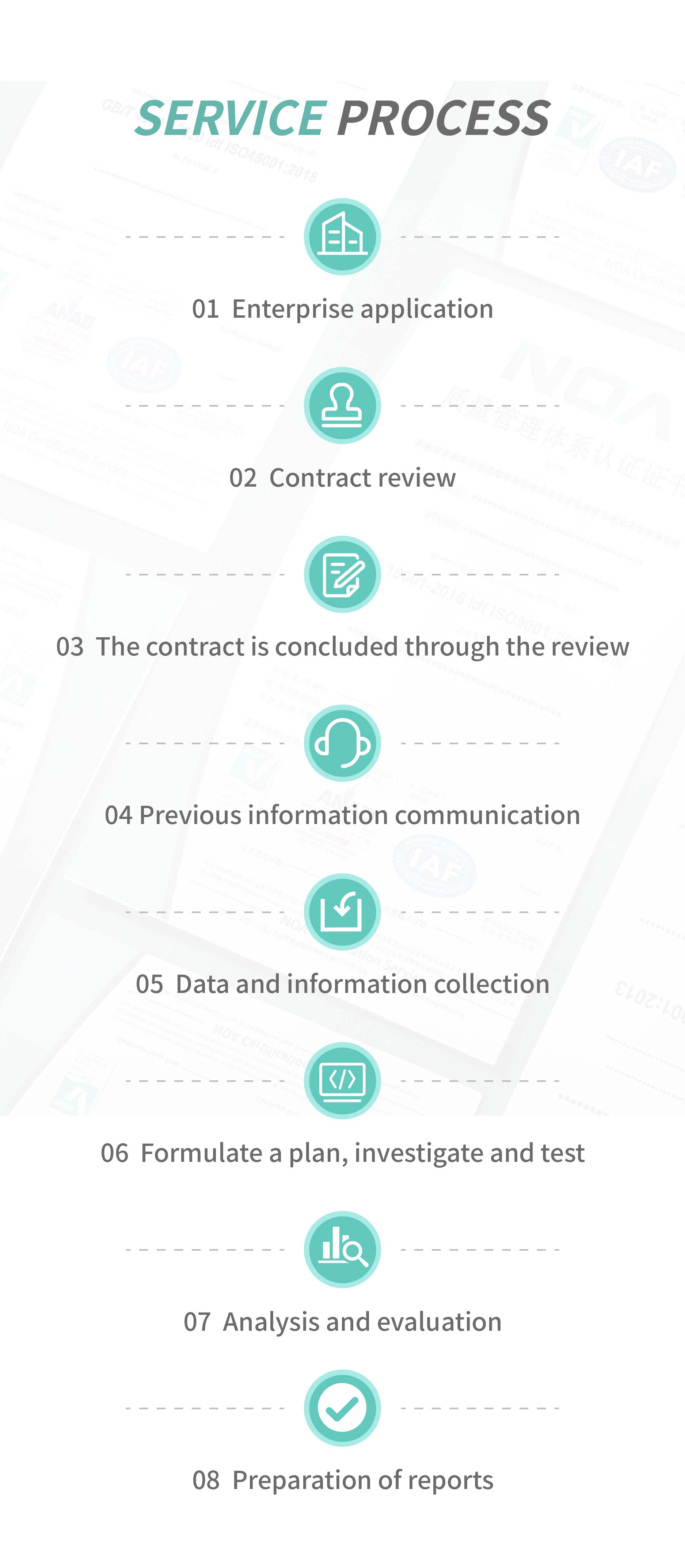
Energy conservation (hereinafter referred to as energy conservation) refers to strengthening energy management, adopting measures that are technically feasible, economically reasonable, and environmentally and socially acceptable, from energy production to consumption, to reduce consumption, reduce losses and pollutant emissions, stop waste, and use energy effectively and rationally.
In the context of carbon neutrality at the peak of carbon emissions, energy conservation is currently the best means of reducing emissions and carbon emissions from the perspective of the least cost and resistance of carbon reduction. Technical measures such as energy audit, energy-saving diagnosis, energy-saving monitoring, and energy efficiency testing are the main means to tap the energy-saving potential and provide a basis for proposing suggestions for improving energy management and energy-saving transformation plans.

1. Comprehensive energy efficiency services: energy audit, energy-saving diagnosis, energy-saving planning, energy consumption verification of energy use rights, energy-saving evaluation and acceptance of fixed asset investment projects, etc.;
2. Energy-saving testing services: water balance, electric balance, heat balance testing, fans, thermal transmission systems, air compressor units, industrial boilers, water pumps, power supply and distribution systems, three-phase asynchronous motors, public grid harmonics, lighting and other equipment Or system energy-saving monitoring/energy efficiency testing;
3. Energy-saving training services: GB/T 23331/ISO 50001 energy management system internal auditor/energy manager training/energy-saving diagnostician training.











Tel:+86-400 821 5138
Fax:+86-21 3327 5843
Email:noa@noagroup.com